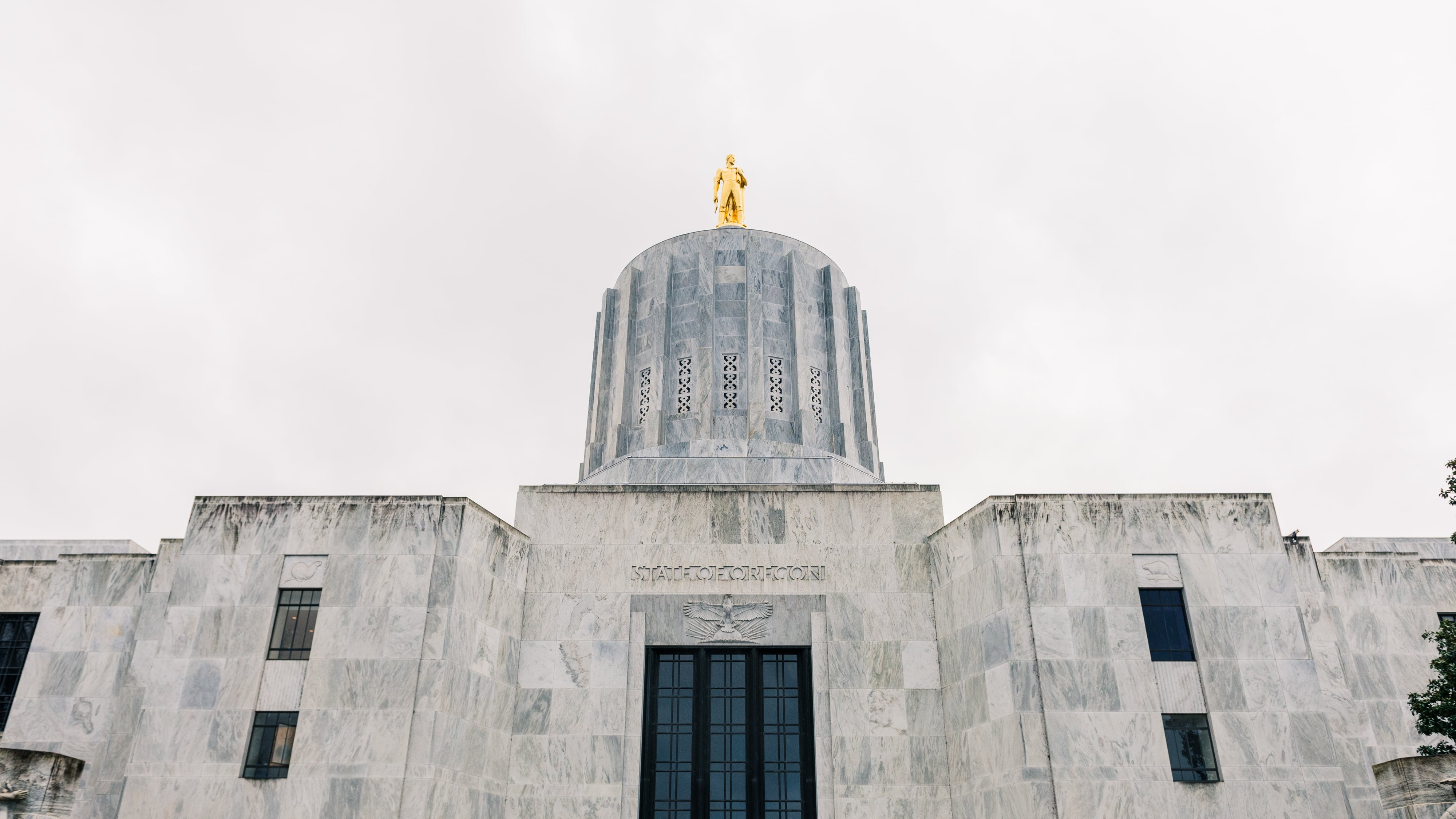The Oregon House voted overwhelmingly on June 30 to give voters the chance to cap campaign donations in the state.
The 43-to-11 House vote to put a constitutional amendment on the November 2020 ballot came a day after the Senate voted 22-to-5 in support of Senate Joint Resolution 18.
Oregon is one of just five states that have no limits on campaign contributions.
"What an amazing turn of event is 48 hours," says Jason Kafoury, a spokesman for Honest Elections Oregon, a coalition pushing campaign finance reform.
Kafoury praised the legislative leadership and the governor—"They deserve credit for pulling this off"—but he also credited the Republicans' nine-day walkout over House Bill 2020, the cap-and-trade bill, for highlighting the power of corporate contributions in halting Oregon's climate change bill.
"I do believe the Republican walkout led to a realization within Democratic leadership we need campaign finance reform more than ever," he said.
The GOP Senators have said their departure was about preserving the interests of rural voters and protecting the state's economy. ("They claim the walkout passed SJR 18 but didn't kill HB 2020," says Jonathan Lockwood, a spokesman for some Republican senators. "The Dems are spinning the quorum denial because it shattered them.")
Campaign-finance reform became a priority for Gov. Kate Brown and the Democrats, particularly after Nike founder Phil Knight gave $3.5 million toward Brown's Republican challenger during last year's election.
A companion campaign-finance reform bill that proposed caps died in the Senate.
Advocates had objected to that HB 2714 for having too many loopholes and setting the contribution limits too high ($2,800 in statewide races).
"We can't have contribution limits with too many loopholes that still allow big money to control the game," says Kafoury, who said his group may pursue gathering signatures for a measure to set limits.
But voters will not weigh in till November 2020.
That sets up the possibility that the legislature will move during next year's short session to set limits before the constitutional amendment is approved.
Voters in Multnomah County and Portland have already approved caps. Those measures have been ruled unconstitutional by Multnomah Circuit Court. And a constitutional referral could reinstate them. Advocates for campaign finance reform also continue to press a legal case, and have appealed to the Oregon Supreme Court.
